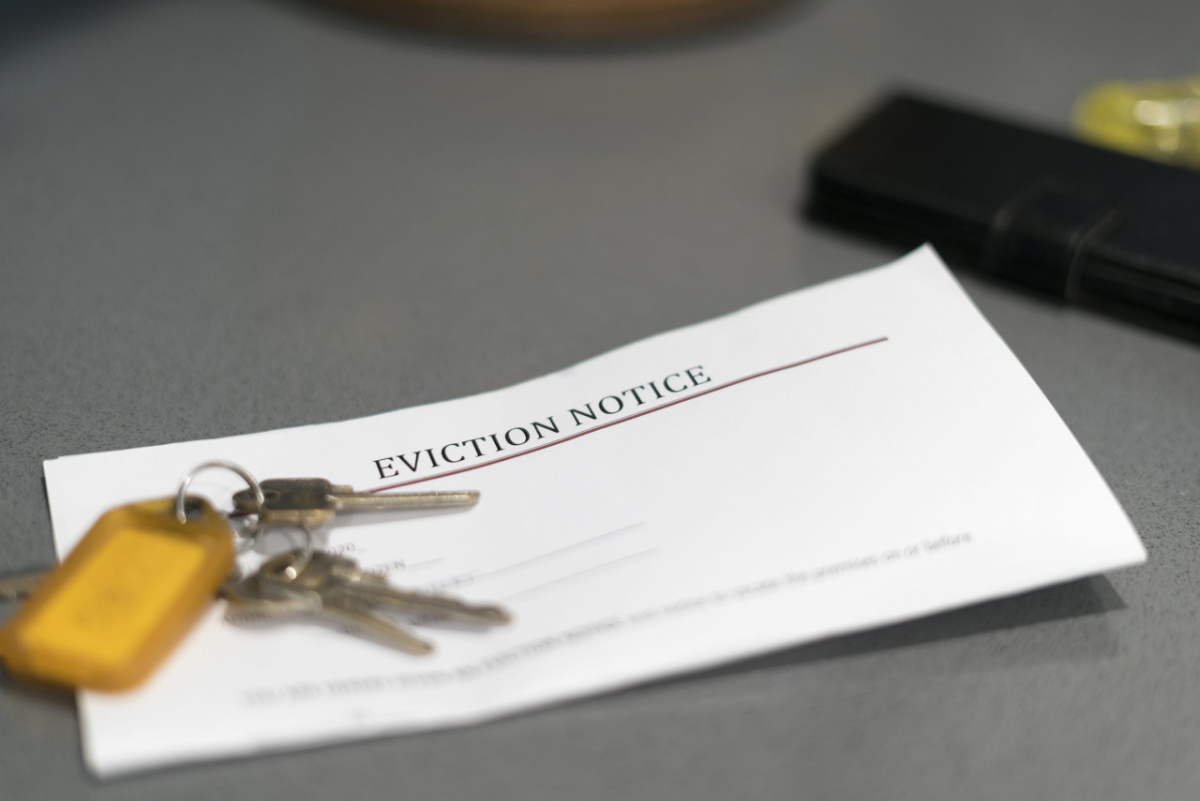If you’re a landlord in Wisconsin, you have the right to evict a tenant under certain conditions. However, you’ll have to follow a strict set of legal procedures to avoid a lawsuit. Tenants and landlords both have rights under the law,, and while you might own the property, you can’t evict your tenants whenever you want.
How do you evict a tenant?
Under real estate law, it’s best to have a reason for the eviction. You could evict a tenant if they refuse to pay rent, damage your property or violate the contract that they signed. You could also evict a tenant if their lease has expired and they haven’t signed a renewal. Once you’ve documented your reasoning, you’ll have to give your tenant an eviction notice.
Every state has different laws for eviction notices, so talk to a real estate attorney to make sure you’re following the right procedure. Generally, you’ll have to give your tenant a certain amount of time to move out. If they owe you rent, you’ll have to include the amount in the notice. Make sure you give your tenant an exact date so they know when they have to move out.
If all goes well, your tenant will either pay their rent, renew their lease or move out of the property. However, if your tenant refuses to act, you’ll have to file an eviction notice in court and attend a hearing. During the hearing, you’ll provide evidence that proves that the tenant broke the law or violated your contract. If the judge agrees, it will tell your tenant that they have to move out by a certain date. You might also have to file a lawsuit to get the rent money that your tenant owes you.
Should you hire an attorney during this time?
Some tenants will do anything in their power to avoid leaving your property even if you have the legal authority to evict them. An attorney could help you follow the right procedures and remove the tenant from your property without getting you in legal trouble.

